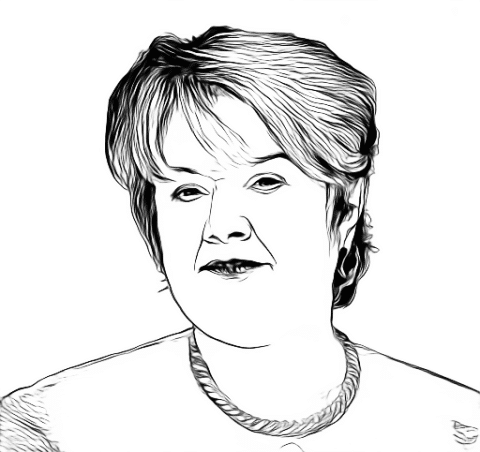Last year, the UAE hosted COP28. By some estimates, 140,000 people visited the country to attend – or to support others who were attending – this meeting, which was convened under the United Nations Framework Convention on Climate Change (UNFCCC), a multilateral treaty adopted in 1992.
The whole of Expo City was turned over to the event, divided into the Blue Zone (the area for the official delegates) and the Green Zone (the commercial, accessible to everyone, area).
Did it have any impact, all this effort? And what was it all for anyway? The 28th Conference of the Parties was, like other COPs before it, significant because it is when progress is measured on the agreement reached at COP21 in Paris in 2015, which sought to cap global temperature increases at 2°C, ideally aiming for 1.5°C.
To use a phrase attributed to Peter Drucker, what gets measured, gets managed, so it is critical for the climate emergency that once a year the world is looking to see how much progress has been made, and who is trying to make it.
Thus, COPs are crucial for everyone in the world in the battle against climate change. They see governments come together to measure progress and negotiate the best ways to address climate change while considering each other’s circumstances.
COPs offer an opportunity to raise the level of attention to the threat of climate change, reflecting that without the private sector, civil society, industry, and individuals on board, the world will not be able to tackle the climate crisis adequately.
The real legacy of COP28 to the United Arab Emirates is possibly even more of a game-changer for the country than it was for the world. A country where so many of us live and work showed that it could play a significant part in helping to address global challenges despite – rather than because of – its oil wealth.
When it was announced that COP28 would be in the UAE, many were quick to ask why a fossil fuel economy was hosting key talks on energy transition. Even more, when the President of COP28 and the UAE’s Special Envoy for Climate Change was announced as Dr. Sultan Ahmed Al Jaber, the Chairman of ADNOC, some observers were sceptical about whether he had the credentials to lead the negotiations. And what happened? The UAE, and Dr. Al Jaber specifically, delivered what, by some measures, was the most successful COP ever.
The previous year in Egypt had not been considered a success, either at the strategic or the operational level. The Loss and Damage fund so needed by developing countries, announced at the end of COP27, had not been funded, so it was a dog without teeth. And at the operational level, delegates complained about everything from the lack of ease in getting around to the hotel choices and the restricted food and drink opportunities.
By contrast, the UAE knows how to make things work, and COP28 worked at every level. The Expo site was well organised, with ample food and drink, clearly signposted and teeming with volunteers to help you if you got lost (as I did).
Hotel rooms were plentiful, if expensive. At the strategic level it worked better than anyone, even the most optimistic observers, had hoped for. A record number of heads of state attended and the commitment to fund a Loss and Damage Fund, led by the UAE, was announced even before the start.
In the end, the agreement that many had feared elusive was announced on December 13th, after negotiators, urged on by Dr Al Jaber, pulled more than one all-night session. Thus COP28 concluded with a historic agreement by 198 Parties to deliver a new era of climate action. The landmark text, named The UAE Consensus, set out an ambitious climate agenda to keep 1.5°C within reach, including phasing out fossil fuels. One of the first countries to praise the UAE and Dr Al Jaber for their successful delivery? Eqypt.
This placement of the UAE at the top table of nations with convening power will have other legacies, not least its improved ability to bring people together to solve other world issues. These include the conflict in Palestine, a subject on which the UAE has made its view well known.
Plus all those CEOs who visited the UAE to ensure they were seen at COP28? They now know that this is a country where its rulers go out of their way to make it easy to do business. Expect to see more attention paid to the region in the coming years.
All in all, a very worthwhile event to host, COP28. This year COP29 will be in Baku, Azerbaijan. I have no doubt the Azerbaijanis will have watched the UAE’s delivery of COP28, and its legacy, and be hoping for even a fraction of its success.










